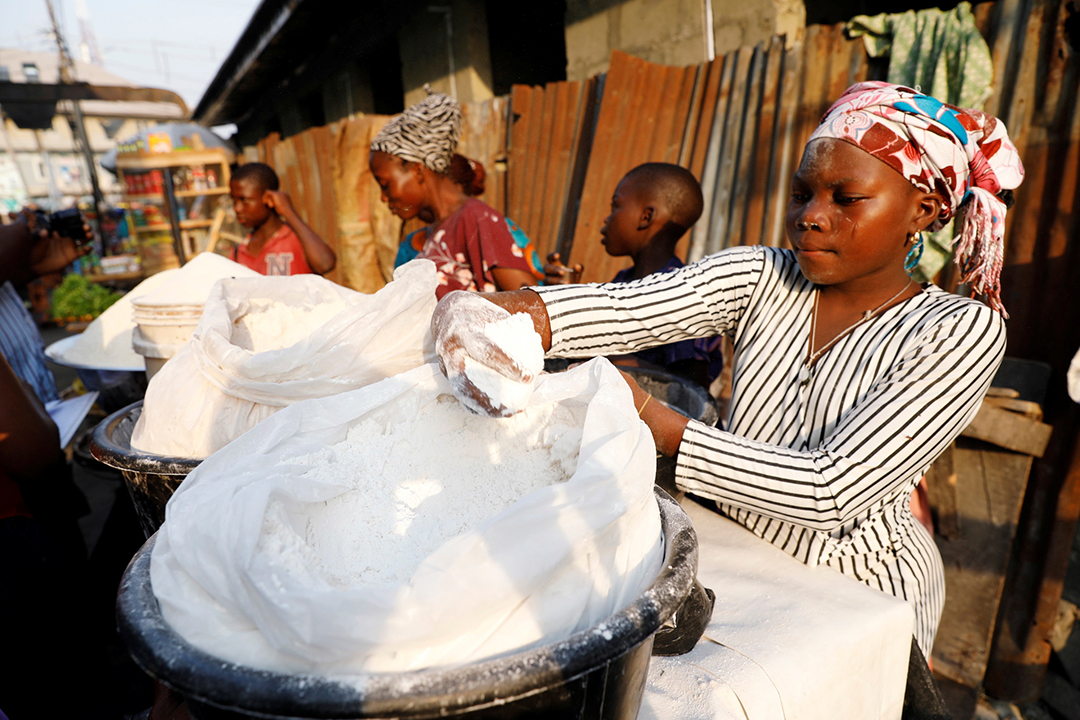Zambia Receives $6.7 Million Donation for COVID-19 Fight
ADF STAFF
The United States government has given Zambia an additional $6.7 million to boost the country’s COVID-19 response.
The funds will help the U.S Agency for International Development (USAID) work with the Ministry of Health to increase access to medical oxygen and other supplies, hire more doctors and nurses, and boost coronavirus awareness efforts. Since the pandemic began, the U.S. government has contributed more than $28 million toward Zambia’s response.
“American leadership is rising up to meet unprecedented global health challenges,” USAID Zambia Mission Director Sheryl Stumbras said. “With decades of experience and investments in health, USAID has led the global response to health threats such as Ebola, malaria and tuberculosis. Today, we are responding decisively to COVID-19.”
In July 2020, the U.S. partnered with Zambia’s Business Council COVID-19 Emergency Taskforce (BCCET) on a project to safely store a donation of mealie meal — similar to cornmeal — meant to address food security challenges exacerbated by the pandemic.
In response, Zambian company Napoli Property, which handles commercial and residential properties, loaned more than 4,000 square meters of retail space valued at $20,000 a month and helped establish a BCCET website.
“The pandemic has and continues to alter the fabric of our lives and businesses,” Gillian Casilli, the proprietor of Napoli Property, said in a USAID news release. “We have seen a formidable response from the Zambian public and business sector. As a community, we must each contribute where we can to mitigate COVID-19 effects, adapt and preserve lives and livelihoods.”
Shortly after the first COVID-19 cases were confirmed in Zambia, USAID and the national Ministry of Health met with 187 chiefs and chieftainesses from Zambia’s 10 provinces. Over a week of meetings, the traditional leaders received training in COVID-19 transmission and prevention measures. They also returned home with communication materials to better share coronavirus information.
“I think this training has been worthwhile and timely. I’ve discovered so many preventive measures that we can put in place,” Chief Mumena of the Kaonde people in Zambia’s North-Western province said in a USAID news release. “Information is key. As much as there is no cure, we’re going to combat this using correct information and messaging. We need to be role models to handle the new normal. People have to practice it — the hand washing, face masks, the distancing. Together we shall win.”
Other U.S. donations to Zambia have included funds and training to strengthen laboratory and clinical systems.
Zambians have repeatedly proven resourceful in helping their countrymen prevent the spread of COVID-19.
Zambian farmer Pamela Nyirenda, who grows cassava, experienced a financial windfall when customers began buying up the root vegetable to produce ethanol for hand sanitizer.
“This is my second year cultivating [it], and I have managed 10 [metric] tons of cassava tubers,” Nyirenda said in 2020.
Due to the demand for hand sanitizer, Musika, a Zambian agricultural nonprofit, noted that more than 25,000 farmers in Zambia — many of them women — began growing cassava, up from 5,000 producers in 2015.


Comments are closed.